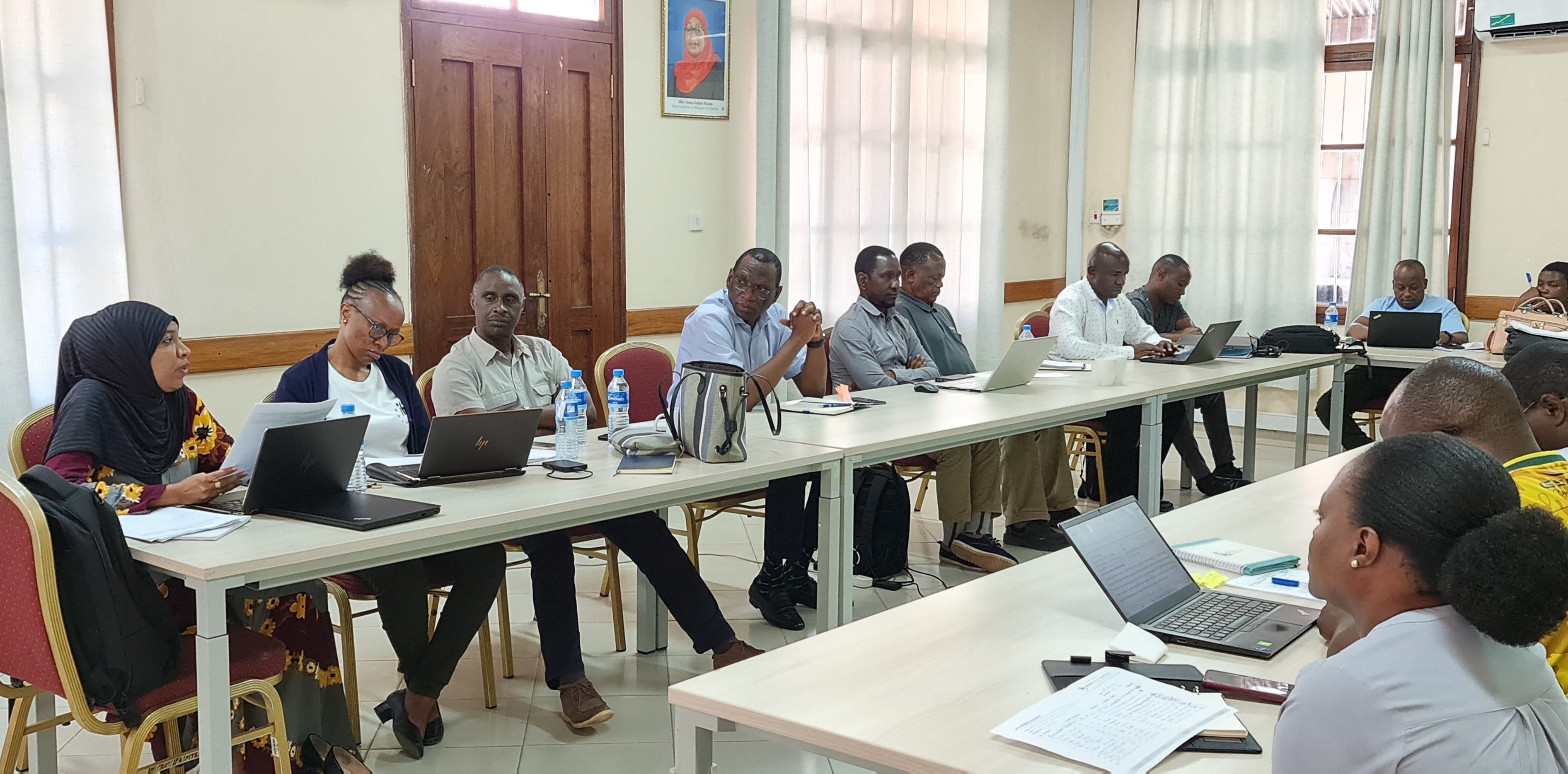
SELF-CHECK: Ifakara audits its quality management system

The Ifakara Health Institute organized a refresher training for members of the ISO 9001 internal audit team which aimed to sharpen their skills for conducting QMS audits effectively.
A seasoned Quality Management System (QMS) expert and registered inspector for the ISO 9001 standard, Ramadhan Nyambukah, facilitated the training held at the Institute’s offices in Ifakara for two days, from February 5-6, 2024.
Internal auditing exercise
Following the refresher training, the ISO 9001 internal audit team embarked on an exercise to check conformance to the Institute’s own QMS requirements; the requirements of the ISO 9001: 2015 International Standard.
The exercise commenced on February 7 and will take place in all three of Ifakara’s branch offices in Ifakara, Bagamoyo and Dar es Salaam.
Ifakara is ISO 9001: 2015 certified
Since 2018 the Ifakara Health Institute QMS has been certified as ISO 9001: 2015 compliant. The Swiss Accreditation body, SGS SA, has granted Ifakara the ISO 9001: 2015 certificate for providing health and research services. IHI has been issued with Certificate Number TZ18/90348. The certification is effective from May 28, 2018.
ISO 9001: 2015 certificate is granted to organizations with management systems with a proven strong customer focus, good motivation and implication of top management, good process approach and continual improvement.
About the Ifakara ISO 9001 internal audit team
Ifakara Health Institute has established and maintains an ISO 9001 internal audit team with 11 members. Chaired by Dr. Kafuriki Shubis - Head of the Training and Capacity Building Department, the committee oversees all QMS matters in the Institute on behalf of the Management.
About ISO 9001
ISO 9001 is defined as the international standard that specifies requirements for a quality management system (QMS). Organizations use the standard to demonstrate the ability to consistently provide products and services that meet customer and regulatory requirements.
The adoption of a quality management system is a strategic decision for an organization that can help to improve its overall performance and provide a sound basis for sustainable development initiatives.
The potential benefits to an organization of implementing a quality management system based on this International Standards are: the ability to consistently provide products and services that meet customer and applicable statutory and regulatory requirements; facilitating opportunities to enhance customer satisfaction; addressing risks and opportunities associated with its context and objectives; and the ability to demonstrate conformity to specified quality management system requirements.
